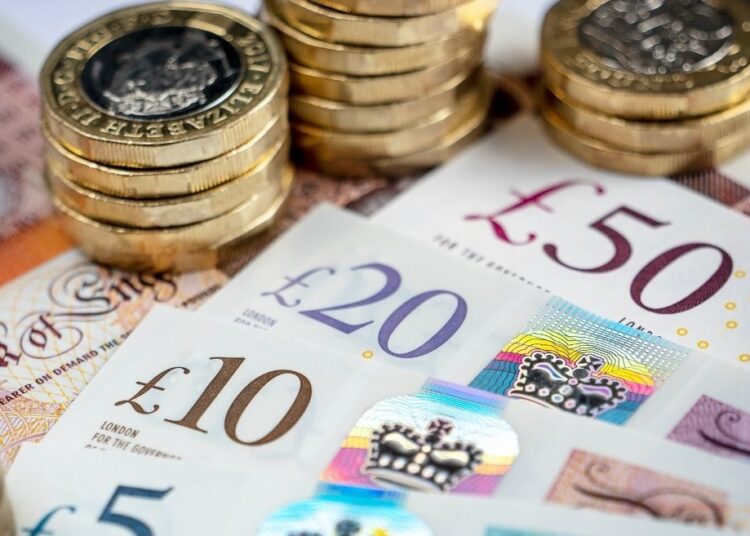LONDON – The Bank of England raised interest rates by the most since 1989 but warned investors that the risk of Britain’s longest recession in at least a century means borrowing costs are likely to rise less than they expect.
The BoE increased Bank Rate to 3 per cent from 2.25 per cent and warned that the British economy might not grow for another two years – the longest slump in records dating back to the 1920s – if rates were to go up by as much as markets have recently bet.
“We can’t make promises about future interest rates but based on where we stand today, we think Bank Rate will have to go up by less than currently priced in financial markets,” Governor Andrew Bailey said, in an unusually blunt message according to Reuters.
Sterling extended earlier heavy losses and was down almost 2 per cent on the day against the dollar, touching its lowest since mid October when Britain was recovering from a political crisis triggered by former prime minister Liz Truss’ tax-cutting plans.
On Wednesday, the Federal Reserve also hiked rates by 75 basis points but signalled US borrowing costs were likely to rise more than anticipated to crush inflation.
That contrasted with the British central bank’s message Thursday.
The BoE said it now expects inflation will hit a 40-year high of around 11 per cent during the current quarter, more than five times its 2 per cent target. But it also thinks the economy has entered a recession that could mean it contracts in both 2023 and 2024 and shrinks by 2.9 per cent in total.
Unemployment would rise steadily to 6.4 per cent by late 2025, nearly doubling from a current 3.5 per cent, its lowest rate since 1974.






Discussion about this post